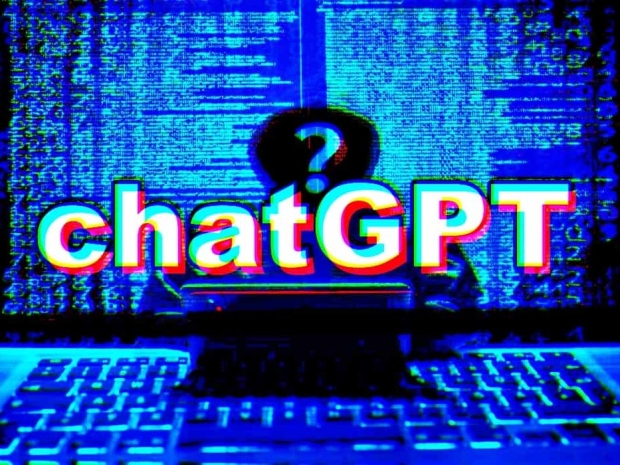BuzzFeed, which has a history writing real journalism, rushed to clarify that the outlet will be not be using the ChatGPT platform, but OpenAI's publicly available API and we can see why.
This morning for a laugh and the fact I could not find a decent "end the week with a funny news story" so I challenged ChatGPT to become a Fudzilla reporter. Apparently it was a lot harder than some think.
I asked it to write a news story about Apple in the style of Fudzilla (I did another test asking it to write the same story in my style). To be fair, ChatGPT did turn out a reasonably well written story but the information was about two years old and appeared to have been written by Apple's Press Office The New York Times rather than us.
We assume that ChatGPT built a data base of Fudzilla stories, but it failed to mention the phrase "fruity cargo cult" or "over priced" or even the word "fanboy." Instead, it wittlered on about how brilliant and innovative Apple was and sometimes repeated itself. Crucially, it did not mimic my style and made many basic errors (starting each sentence with the word "the" and using the world "also" which was beaten out of me by some of the most evil sub editors in the news industry.
Next, I asked it to write a story about Intel and it churned out 300 lines of puff which failed to mention anything technology related including the name of any product. Not even the Intel Press Office would have tried to publish this one.
I wondered if ChatGPT was confusing me with another journalist called Nick Farrell (who also lives in Italy and has a more famous journalism career having worked on the Daily Telegraph). When I asked who Nick Farrell was, it got most of my personal details correct, although it credited me with three books I had not written (and failed to mention any of the 17 I actually had). It did have me correctly listed for some of my freelance news contributions to UK tabloids during my short time chasing B list celebs and members of the royal family in the 1990s, but nothing to do with technology only identifying me as a writer on esoteric subjects.
ChatGPT did not confuse me with the other Nick Farrell, who has written a rather good book on Benito Mussolini which I would have thought might have appeared if it were confused. My guess is that if he uses ChatGPT he will be mortified to discover that his contribution to history is ignored and he will be mocked as an occult weirdo.
What this shows is that despite Microsoft investing $10 billion in the project it still has a long way to go before it is remotely useful. While there will be idiot "content" makers or managers who believe that they can save money by using this sort of tech, they are headed for problems in the long term.
1. ChatGPT cannot search out new content, it depends on companies putting out press releases or other stories for quotes.
2. It has no way of checking the facts or even discounting them as too improbable. Apple, for example, is claimed to be an innovative company simply because enough brainwashed journalists did not do their jobs.
3. There is no legal checking. The other Nick Farrell might have a good case for defamation if ChatGPT identifies him as me.
4. The information it presents is clearly not understood. A sentence could be talking about the Intel Arc 7 or a badger the result is still the same.




